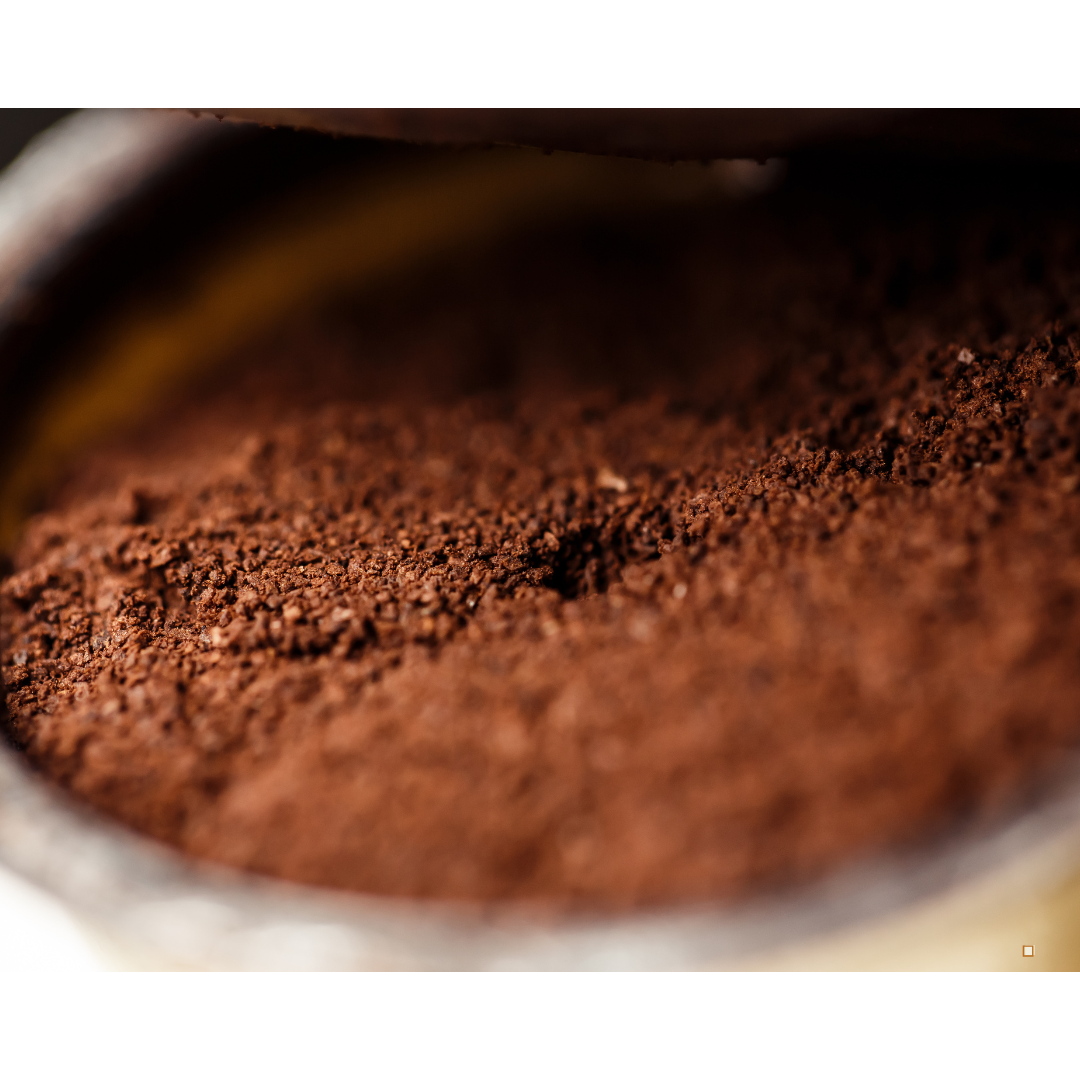
Does Decaf Ground Coffee Have the Same Antioxidants as Regular Coffee?
For coffee enthusiasts looking to limit caffeine but still enjoy the health benefits of coffee, decaf ground coffee is a popular choice. Many wonder if decaffeination affects the antioxidant levels in coffee, as antioxidants are a significant part of what makes coffee beneficial. Understanding how the decaffeination process impacts these compounds can help coffee lovers make informed choices about their daily brew. Read on about the science of antioxidants in coffee and examine whether decaf offers the same health benefits as regular coffee.
Understanding Antioxidants in Coffee
Antioxidants are compounds that help protect cells from damage caused by free radicals. Free radicals are unstable molecules that can cause oxidative stress, leading to inflammation, aging, and various chronic diseases. In coffee, antioxidants primarily come in the form of polyphenols, such as chlorogenic acid, which are known for their anti-inflammatory and anti-cancer properties. These antioxidants play an essential role in promoting health, and coffee is one of the richest sources of antioxidants in the average diet.
Coffee beans are particularly abundant in chlorogenic acid, which has been linked to benefits such as improved heart health, better blood sugar control, and reduced risk of neurodegenerative diseases. Other antioxidants in coffee, such as melanoidins, are formed during roasting and contribute to coffee's protective effects on the body. These compounds help coffee stand out as a beverage that not only provides enjoyment but also offers valuable nutrients.
The Decaffeination Process and Its Impact on Antioxidants
The decaffeination process removes most of the caffeine from coffee beans, making it suitable for people sensitive to caffeine or those who want to avoid it for other health reasons. There are several methods for decaffeinating coffee, including the Swiss Water Process, carbon dioxide method, and solvent-based techniques. Each method aims to extract caffeine while preserving the coffee’s natural flavors and nutrients, including antioxidants.
Although the decaffeination process inevitably affects the composition of coffee beans, research suggests that decaf still retains a significant amount of its antioxidants. However, some studies indicate a slight reduction in antioxidant levels due to the extraction process, as certain compounds can be sensitive to the solvents and water used in decaffeination. That said, decaf coffee still contains a large percentage of its original antioxidants, making it a beneficial choice for those seeking a caffeine-free beverage.
Antioxidant Levels in Decaf vs. Regular Coffee
Studies comparing antioxidant levels in decaf and regular coffee reveal that while decaf has slightly fewer antioxidants, the difference is not substantial. The chlorogenic acids, responsible for many of coffee’s health benefits, are reduced to some degree, but they remain present in decaf. Regular coffee generally contains higher concentrations of chlorogenic acid, but decaf coffee retains enough to make it a beneficial source of antioxidants.
Interestingly, some research suggests that while decaf coffee might have lower chlorogenic acid levels, it still contains ample amounts of melanoidins and other antioxidants formed during roasting. These antioxidants contribute to the health benefits of decaf, including anti-inflammatory effects and protection against cell damage. For those who drink decaf, the slight reduction in antioxidants may be offset by the convenience of enjoying coffee without the stimulating effects of caffeine.
Health Benefits of Antioxidants in Coffee
The antioxidants in both decaf and regular coffee contribute to various health benefits. These compounds help combat oxidative stress, which has been linked to conditions such as heart disease, cancer, and type 2 diabetes. The polyphenols in coffee, including chlorogenic acid, have shown promise in improving cardiovascular health by reducing inflammation, improving blood vessel function, and lowering blood pressure. Additionally, antioxidants in coffee are known to help protect brain cells, which can reduce the risk of neurodegenerative diseases like Alzheimer’s and Parkinson’s.
Even without caffeine, decaf coffee provides an array of health-promoting compounds. Studies have shown that decaf drinkers can still experience reduced inflammation, improved metabolic health, and even enhanced liver function, thanks to the remaining antioxidants. For those seeking the benefits of coffee without the jitters, decaf offers a health-conscious alternative that supports wellness without sacrificing flavor.
Boosting Antioxidant Intake with Decaf Ground Coffee
When choosing decaf coffee for its antioxidant content, the quality of the coffee and the method of decaffeination matter. Opting for decaf that has been decaffeinated using methods like the Swiss Water Process can help retain more antioxidants compared to solvent-based methods. Additionally, selecting high-quality, freshly ground coffee can maximize the antioxidant intake, as fresher coffee retains more of its natural compounds.
To get the most antioxidants from decaf, consider brewing methods that preserve the coffee’s healthful properties. Cold brewing, for instance, is known to preserve higher levels of antioxidants compared to hot brewing methods. Similarly, pour-over or French press methods can extract more of the beneficial compounds in decaf, offering a more robust flavor and antioxidant profile.
Choosing the Right Roast for Antioxidants in Decaf Ground Coffee
The roast level also impacts the antioxidant profile of decaf ground coffee. Light and medium roasts tend to retain more chlorogenic acids, while darker roasts develop other antioxidants like melanoidins. If you’re looking to maximize the chlorogenic acid content, a light or medium roast is preferable. However, for those who enjoy a bold, rich flavor with a different set of antioxidants, a dark roast decaf can still provide substantial health benefits.
Each roast level offers unique advantages, so it’s worth experimenting to find the one that best suits your taste and health goals. No matter the roast, decaf coffee offers a rewarding experience for those who want to enjoy coffee’s antioxidants without the stimulating effects of caffeine.
While decaf coffee may have slightly lower antioxidant levels compared to regular coffee, it remains a rich source of these beneficial compounds. With careful selection of decaf ground coffee, you can still enjoy the wellness benefits of coffee, knowing that you’re choosing a caffeine-free option that doesn’t compromise on health.

